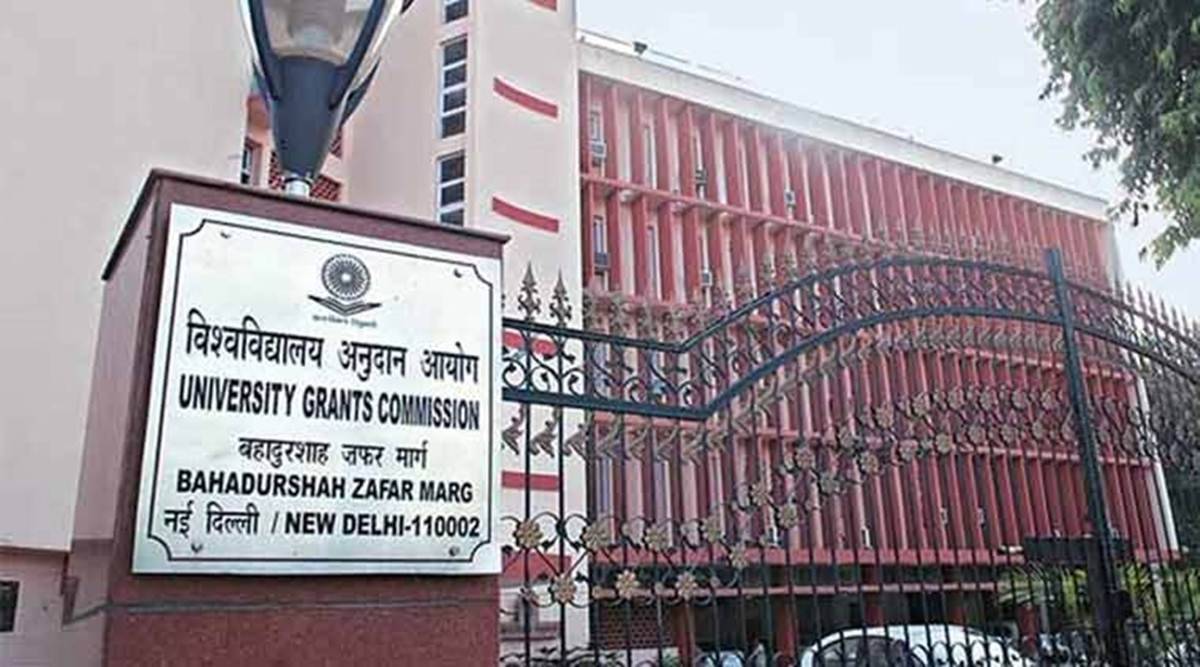
The University Grants Commission (UGC) has formulated the draft guidelines outlining its plan to encourage growth of multidisciplinary higher education institutions that will offer a diverse range of subjects.
When the guidelines are approved, a dual-degree from IIT Delhi and Jawaharlal Nehru University will become a distinct possibility, according to UGC chairman M Jagadesh Kumar.The ‘Draft Guidelines for Transforming Higher Education Institutions (HEIs) into Multidisciplinary Institutions’ is in line with the National Education Policy, 2020, which has envisaged at least one large multidisciplinary higher education institute in or near every district by 2030.
Given the ground realities, UGC’s plan is ambitious: turning all affiliated colleges into degree-awarding multidisciplinary autonomous institutions by 2035; offering dual-degrees; allowing groups of colleges to join hands and transform into universities. Through this proposed restructuring, the regulator hopes to raise the standards of higher education by breaking down silos.
As the draft is approved as official policy, higher education institutions will have various ways to adopt a multidisciplinary nature. Colleges affiliated to universities can elevate their status to that of degree-awarding autonomous colleges by offering multidisciplinary education. And, second, colleges or universities will have the option of collaborating to offer dual degrees.
According to the draft guidelines, once admitted, students will be able to complete the first degree at the host institution and the second degree at the partnering institution without going through the admission process again.
“For example, JNU and IIT Delhi have separate sets of intrinsic strengths. If a student pursuing BTech in IIT wants to study history in his Master’s in JNU, they should be able to do so without going through a separate admission process. For that, the two institutions need to collaborate. Hypothetically speaking, the eligibility criteria can be based on CGPA,” Kumar said
With the country’s higher education institutions losing out in world rankings due to their single-stream nature, according to Kumar, the draft also points out the “debilitating or limiting effect on the evolution of research and innovation” as colleges are affiliated to universities that design the syllabi, conduct examinations and award degrees.
[“source=indianexpress”]



